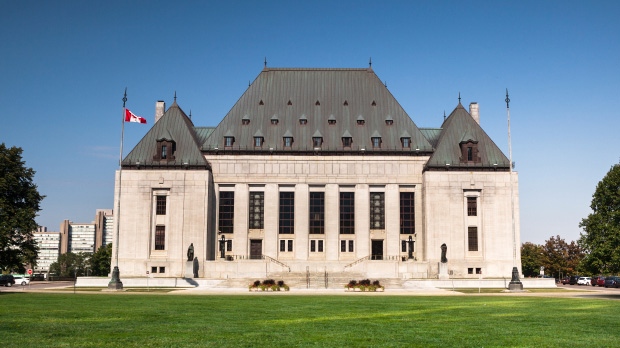
This article was last updated on April 16, 2022
Canada: ![]() Oye! Times readers Get FREE $30 to spend on Amazon, Walmart…
Oye! Times readers Get FREE $30 to spend on Amazon, Walmart…
USA: ![]() Oye! Times readers Get FREE $30 to spend on Amazon, Walmart…
Oye! Times readers Get FREE $30 to spend on Amazon, Walmart…
 The Supreme Court of Canada has finally announced its ruling on Friday in a very controversial case, where it was unclear how the immigration officials shall test if a refugee applicant was complicit in war crimes. The court announced its decision today, informing immigration officials that it is not adequate to judge that an asylum seeker might have known about crimes to consider him an accomplice of hate crimes and consequently deny them refugee status.
The Supreme Court of Canada has finally announced its ruling on Friday in a very controversial case, where it was unclear how the immigration officials shall test if a refugee applicant was complicit in war crimes. The court announced its decision today, informing immigration officials that it is not adequate to judge that an asylum seeker might have known about crimes to consider him an accomplice of hate crimes and consequently deny them refugee status.
The top court mentioned in its ruling that the case of Rachidi Ekanza Ezokola shall be referred back to the Immigration and Refugee Board, which shall reconsider the application in light of its newly announced decision, asserting that the board previously made a mistake in its original test. The Supreme Court pointed out that in case an applicant is barred from applying for refugee status because they were allegedly an accomplice in war crimes, than it needs to be established on solid grounds that the applicant was in fact an active participant in the crimes. Court further clarified that it is not enough to determine someone is an accomplice of hate crimes on the knowledge that they knew about crimes that were committed by some other party.
The federal government had refused to allow refugee status to Ezokola, even though he had worked in the government of the Democratic Republic of Congo (DRC) for almost eight years, out of which four years he was a prominent diplomat at the United Nations. Ezokola shifted to Montreal, along with his wife and eight children, in 2008.

Be the first to comment